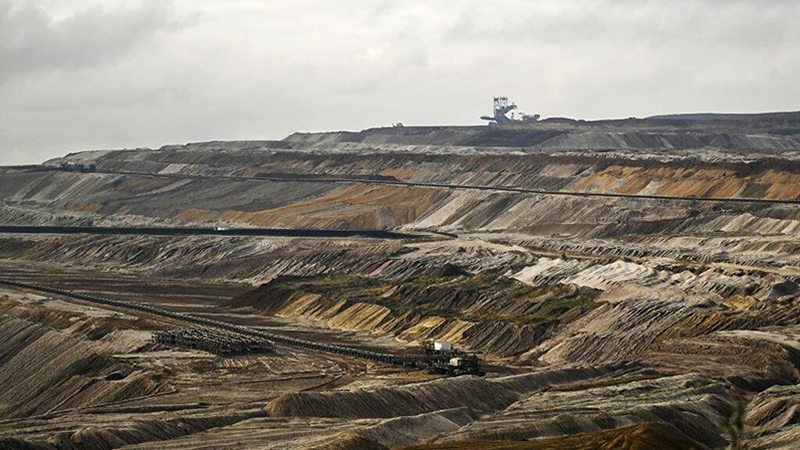
Germany’s Energy Policy Leads to a European Catastrophe
Germany’s energy policy has led to a catastrophic situation for the entire continent. The country is now faced with the reality of having to pay three times as much for electricity compared to its competitors, while gas prices are a staggering five times higher in Europe than in the United States. This crisis is not just limited to Germany alone, but has far-reaching consequences that threaten the energy security and stability of the entire European continent.
The once-proud German industry giants, such as Volkswagen, BASF, and Mercedes-Benz, are now struggling to stay afloat due to the unsustainable energy costs. Large corporations that collapse or downsize also take many small and medium-sized businesses with them, exacerbating the situation. Energy-intensive industries like steel production and chemistry are particularly hard hit.
Germany’s increasing dependence on its neighbors for energy has created tensions in the region. The high electricity prices in Germany are being transmitted to neighboring countries as well, making it unaffordable and causing growing frustration among citizens. This is leading to increased debate about abandoning certain agreements related to energy imports.
In summary, the “Dunkelflaute” (dark cloud) represents a deep energy crisis that has been caused by an ideological, authoritarian, irrational, and failed energy transition. Relying on unreliable renewable sources like wind and solar power, as well as prematurely withdrawing from nuclear energy, has led to Germany having the most expensive electricity in Europe.
The devastating consequences of this policy are far-reaching: environmental (high CO2 emissions), economic (decline of industry), and geopolitical (unhappiness among neighboring countries). Given its demographic and economic weight, this is a new German mistake that may well become the latest European catastrophe.
Source: www.bitcoinbazis.hu


